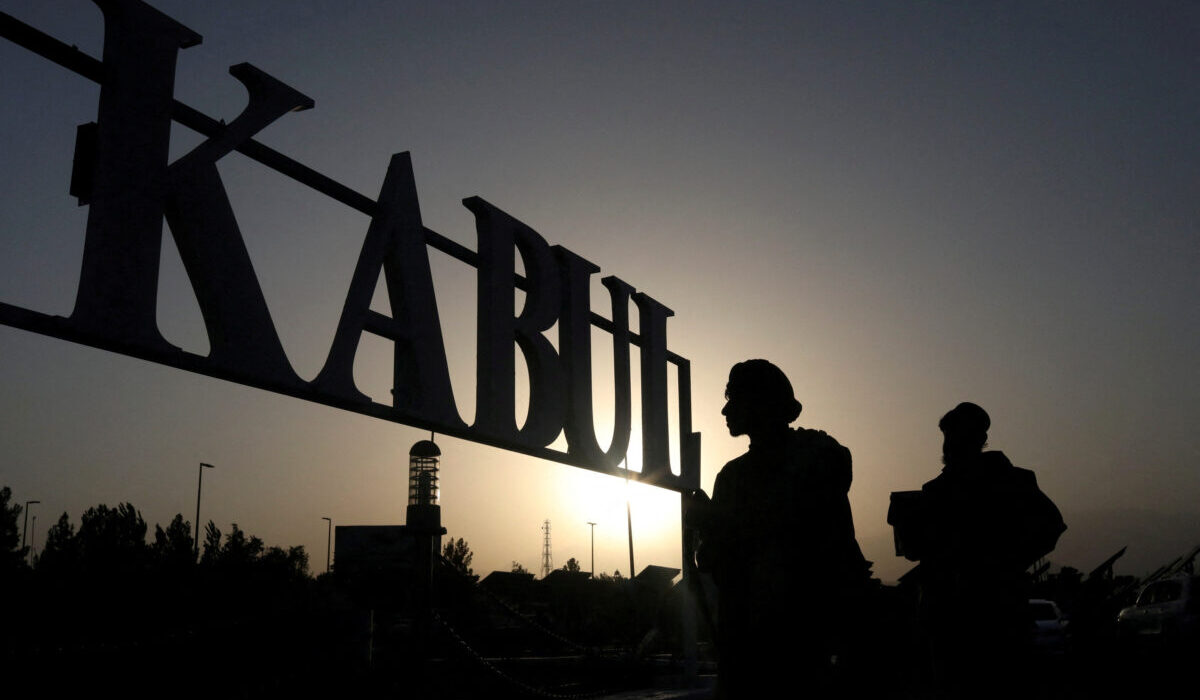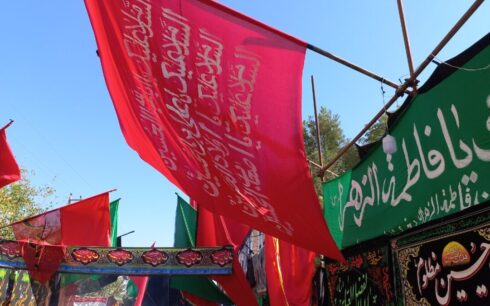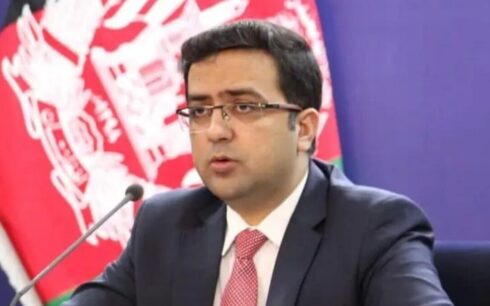While the international community has expressed concerns over Afghanistan’s economic situation and has predicted a challenging winter, Taliban’s acting foreign minister Amir Khan Muttaqi in a meeting on Saturday dismissed it as propaganda.
Muttaqi refuted claims of an economic crisis and asserted that criminal offenses have been reduced to zero. However, the stark contrast between the officials’ statements and the reality faced by people has become apparent.
People from various provinces of the country voiced their struggles, highlighting the scarcity of basic necessities such as water, flour, oil, and tea. One resident from Badghis lamented the lack of food, while another emphasized the absence of essential resources, shelter, and healthcare, stressing the fragility of the economy.
“We don’t have food, water, shelter and health clinic. Our economy is really weak,” said Abdul Nasir, a resident of Badghis.
Just days ago, the World Food Program issued a warning that 9 million people in Afghanistan will be at risk of hunger during the upcoming winter. Economic affairs analysts, including Siyar Qureshi, emphasized that the complex political situation will further negatively impact the Afghan economy.
“If the political situation, which is more complicated at the moment, continues, it will have a negative effect on the economy of the people of Afghanistan,” said Siyar Qureshi, an economic expert.
Meanwhile, recently, Talibans’s acting foreign minister claimed a zero crime rate, but residents of Takhar on Sunday expressed deep concern over the surge in armed robberies.
Two individuals were injured in recent incidents, the residents said.
Samiullah, a resident, highlighted the increased robberies, causing heightened anxiety among the population. Sayyed Zainuddin Zahid echoed this sentiment, stressing the distressing impact of these bloody incidents on society.
“In the last few months, armed robberies have increased a lot, people’s concern has also increased in this regard,” said Samiullah.
“Unfortunately, we are witnessing the bloody incidents of armed robberies lately, without a doubt, it causes great concern in the society,” Zahid said.
Simultaneously, the Taliban-run Bakhtar news agency reported numerous arrests related to criminal activities in Kabul and Kunduz.
The Taliban provided statistics indicating that they currently hold 17,000 prisoners, with many facing criminal charges.
A number of journalists and media professionals stressed the need to differentiate between crime rates and the reporting of such incidents.
“We should make a difference between the two phenomena that there is no crime in a country, or that the media and journalists are not allowed to publish such reports,” said Hamed Elmi , a journalist.
Apart from these pressing concerns, the Taliban’s communication regarding meetings with foreign officials has also raised eyebrows.
Discrepancies emerged as the Taliban claimed an invitation from UNAMA for a meeting in Doha, while UNAMA sources denied such an invitation. Similarly, the Japanese embassy contradicted the Taliban’s foreign ministry statement, confirming that their ambassador solely discussed issues of good governance, humanitarian aid, women’s rights, and girls’ education with Amir Khan Muttaqi.





